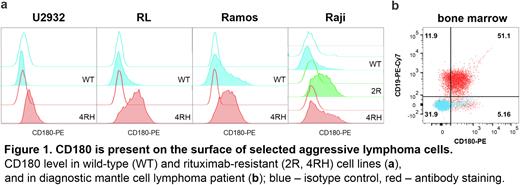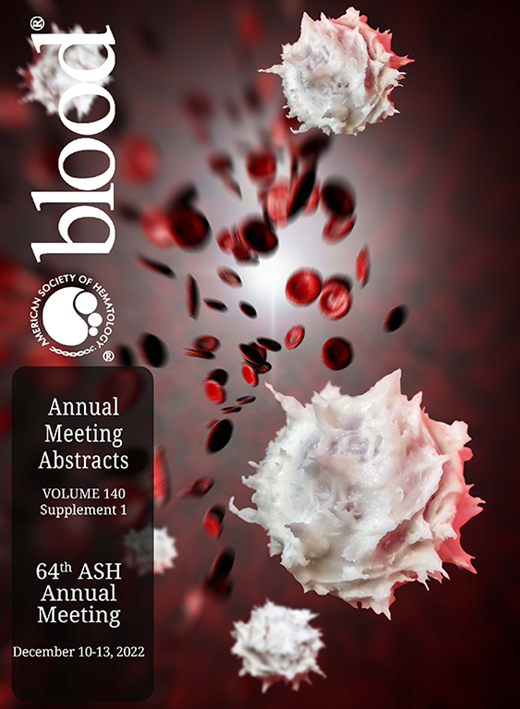Abstract
Background: Although immunotherapies emerged as a breakthrough treatment for many B cell lymphoma patients, the majority of aggressive mature B cell lymphomas are still incurable. The front-line treatment for these tumors is chemo-immunotherapy that contains the monoclonal anti-CD20 antibody, rituximab. Nevertheless, a significant fraction of aggressive B cell lymphoma patients is resistant to such treatment or relapses after the initial response. For this reason, cellular-based immunotherapy approaches have been implemented. Clinically available CD19-targeting chimeric antigen receptor (CAR)-modified T cells are considered one of the best options for relapsed/refractory lymphoma patients, however, long-term follow-up studies shed more light on CD19 CAR-T-related limitations. There are various reasons for CAR-T therapy failure in some aggressive lymphoma patients, among them CD19 antigen loss is one of the most extensively characterized. Therefore, it is of utmost importance to find alternative surface antigens that can be used in immunotherapy for aggressive lymphomas.
Methods: For immunotherapeutic targets identification with flow cytometry we used various lymphoma models, including rituximab-resistant cell lines. These cell lines represent distinct subtypes of aggressive lymphoma, such as diffuse large B cell lymphoma (e.g. U2932, RL), Burkitt lymphoma (e.g. Raji, Ramos), or mantle cell lymphoma (e.g. Jeko-1). Normal B cells were isolated from buffy coats of healthy blood donors using a magnetic separation B cell enrichment kit (STEMCELL). To design B cell-specific panels for flow cytometry we re-analyzed available microarray datasets (accession no: GSE4889, GSE98633, GSE28490, GSE28491, GSE10325) and identified B cell specific genes via differential gene expression analysis in the R software. Next, based on the surfaceome databases we selected 24 genes coding for membrane proteins. Specific fluorochrome-conjugated antibodies against selected proteins were then used in flow cytometry exploiting BD LSRFortessa™ X-20.
Results: Flow cytometry screen of 24 B cell-specific proteins selected by the bioinformatics-transcriptomic approach confirmed already established changes on the surface of rituximab-resistant cell lines, such as a decrease of CD20 molecule. Interestingly, in all tested resistant cell lines (U2932, RL, Raji, Ramos), established by long exposures either to rituximab only, or rituximab with human serum, we observed an increase of CD180 surface level (antibody clone: MHR73-11), as related to their wild-type counterparts (Fig. 1a). Next, to compare the level of CD180 between various lymphoma subtypes we screened additional 9 cell lines established either at the diagnostic or relapse phases of the disease. The level of the target was variable, with a tendency of higher expression among mantle cell lymphoma cell lines (Rec-1, Maver-1, Jeko-1), which was then confirmed in the diagnostic patient sample (bone marrow and blood) (Fig. 1b). In order to assess CD180 levels on non-malignant cells, we isolated normal B cells from four healthy donors. In each donor, we observed that more than 70% of the CD19+
B cells were also expressing CD180 on their surface, with mean intensity similar to the one detected in some of the lymphoma cells. In further analysis, we focused on the rituximab-resistant cell lines and determined whether observed CD180 upregulation occurs globally. Notably, CD180 level was increased only in U2932 rituximab-resistant cell line, both in whole-cell lysates and at the mRNA level. This implies that the increase of CD180 in other resistant lymphoma cell lines could depend on non-transcriptional regulation.
Conclusions: Our results indicate that CD180 is a potential target for immunotherapy in selected aggressive lymphomas, including those with resistant phenotype. Further studies are needed to confirm its expression in more clinically-relevant settings, and to determine the mechanism of its upregulation and a biological role in rituximab-resistant cells.
Disclosures
Juszczynski:RYVU Therapeutics: Current equity holder in private company, Honoraria, Membership on an entity's Board of Directors or advisory committees. Czuczman:Citius Pharmaceuticals Inc: Current Employment.
Author notes
Asterisk with author names denotes non-ASH members.


